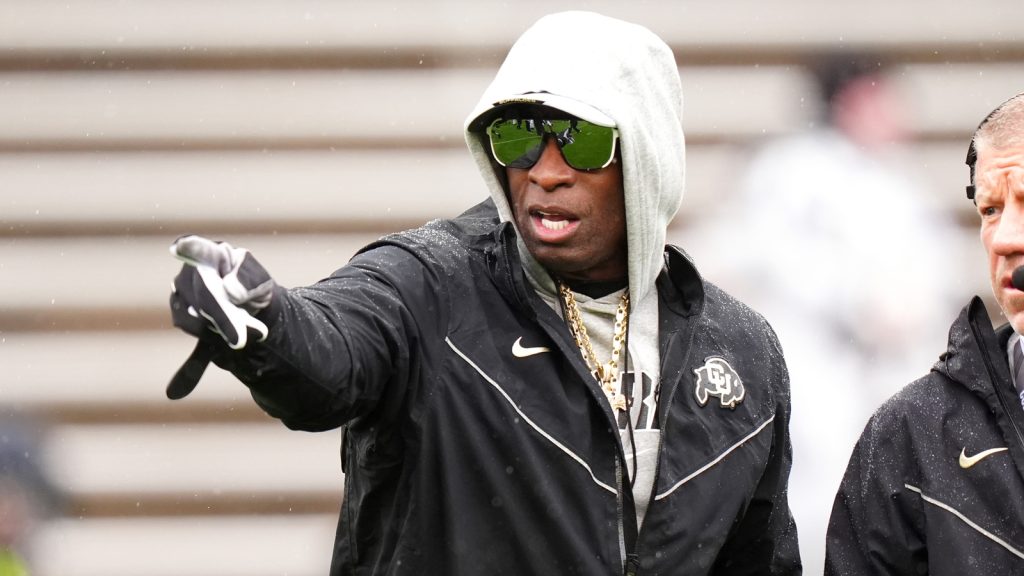Last year, the Pac-12 was the league filled with uncertainty, which caused instability and, eventually, its collapse. The ACC isn’t in quite the same place, but no other conference is quite the powder keg as this league heading into the school year.
For one, both Florida State and Clemson have filed various lawsuits challenging the ACC”s Grant of Rights documents that is binding the members right now. In short, the ACC’s Grant of Rights creates an extremely punitive penalty if any member wants to leave for another conference, and essentially ties the members until 2036. The bigger brand schools like Florida State and Clemson believe their TV deals are bad and keep them woefully behind the SEC and Big Ten (and eventually the Big 12) and limit their ability to compete on the national stage. This argument grew legs when Florida State went 13-0 last season, won the ACC championship, and were still kept out of the College Football Playoff.
For its part, ACC commissioner Jim Phillips says he will aggressively defend the league against the lawsuits and anyone wanting to defect. The problem is that half the league’s members are closely monitoring what Clemson and FSU are doing and if there’s a chance to follow them out the door, they’ll take their shot. Schools like North Carolina, Virginia, NC State and Miami could form a bloc of schools who could force the ACC into a war. While the league’s members all are moving forward together, there are a lot of personal agendas happening concurrently. There is no way to know if we will get any answers to these pressing issues during the football season, and the hard feelings that are bubbling in the league could worsen.
So there’s that, just as the ACC is welcoming three new members. And not just any three members, but schools outside the ACC’s geographic footprint who know something about their conferences imploding. California and Stanford just watched the Pac-12 crumble around them and jumped into a lifeboat that takes them into the Atlantic Coast Conference. This move wasn’t popular among the ACC’s members (Florida State, Clemson and North Carolina voted against it; NC State flipped their vote to make it happen) and isn’t very popular among ACC fans. The additions bring on unique travel concerns and does not strengthen the league’s football profile in any way.
Also joining is SMU. The Mustangs were one of the odd schools out when the Southwest Conference fell apart in the mid-1990s and they’ve spent nearly 30 years trying to get back into a power conference. For their part, the Mustangs passed on their piece of the TV pie and have done a fantastic job fundraising from boosters. Of the three new addictions, SMU seems the most likely to challenge the ACC’s better teams now and in the future.
On the field, the two teams that want out seem to be the two teams favored to win the conference crown. Florida State is retooling, but has a massive chip on their shoulder after being snubbed last season. Dabo Swinney and Clemson have fallen back to the pack, due in part to an unwillingness to embrace the new culture of college athletics. Miami wants some returns on the Mario Cristobal contracts; North Carolina is in the post-Drake Maye era (and could be looking at Mack Brown’s looming retirement); while Louisville and NC State look to make their run at a playoff spot.

